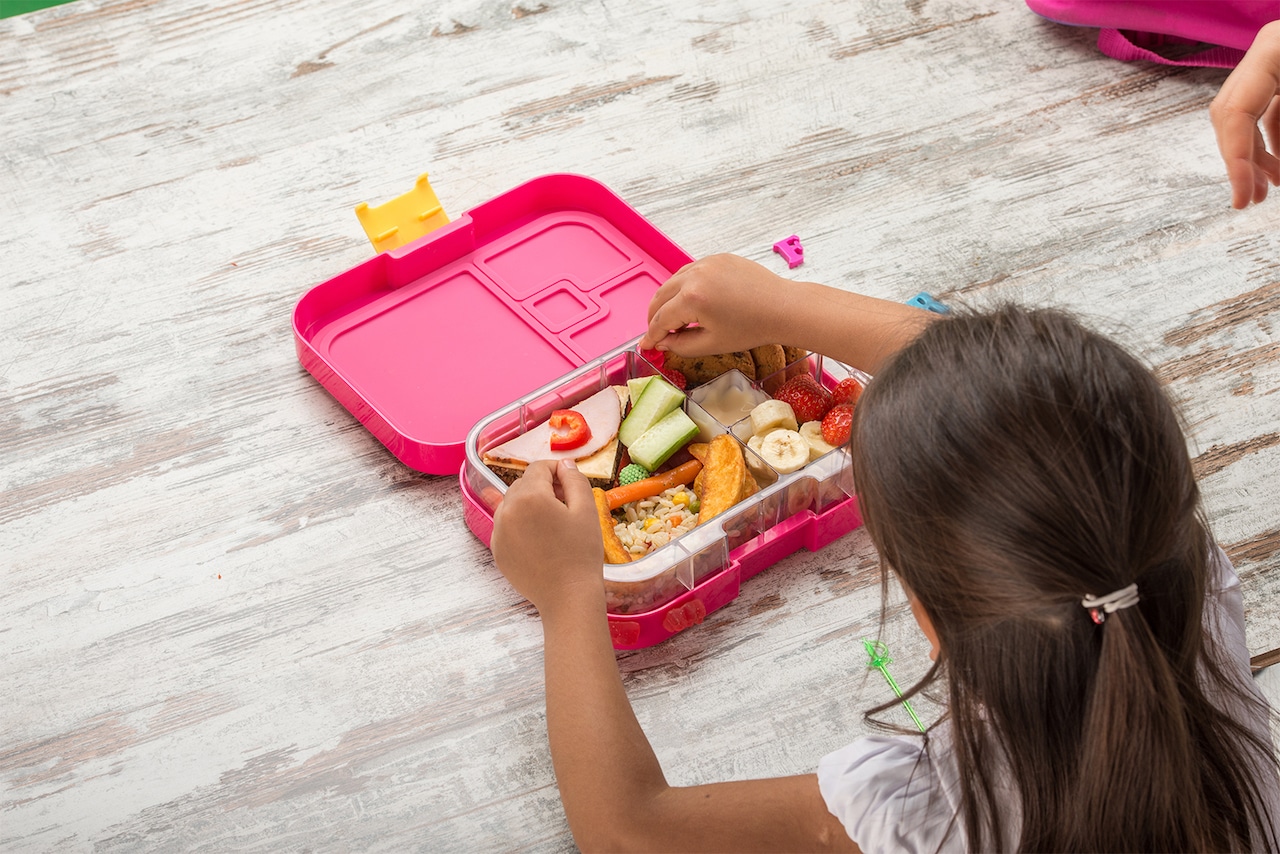Following a public campaign by Manchester United footballer Marcus Rashford, the Government has a made a U-turn on its decision to stop free school meal vouchers in England at the end of the summer term.
Now, in a move which opposition leader Keir Starmer says is ‘welcome’, an estimated 1.3 million eligible children will continue to receive the vouchers during the holidays.
In a tweet posted shortly after the announcement today, Starmer said: “The thought of 1.3 million children going hungry this summer was unimaginable. Well done to Marcus Rashford and many others who spoke out so powerfully about this issue.”
A spokesperson for Boris Johnson says the PM praised Rashford’s ‘contribution to the debate around food poverty’, which on Monday saw the England striker pen an open letter to MPs, drawing upon his own experience of depending on free schools meals and food banks during childhood. “[He] respects the fact that he has been using his profile as a leading sportsman to highlight important issue,” the spokesperson adds.
Downing Street says the ‘Covid summer food fund’ comes at a cost of £1.2 million and equates to £15 a week per child.
In a geographical breakdown, figures show that in 2019 there was greatest need for school meal vouchers in parts of London, the north and the midlands.
Responding to the announcement on Twitter, Rashford said: “I don’t even know what to say. Just look at what we can do when we come together. THIS is England in 2020.”
The Food Foundation, a charity which campaigns for food equality, comments on Twitter that the turn of direction is ‘brilliant news’ and that the Government had made ‘the right decision’. “It’s time we prioritized our children’s #Right2Food.”
Following the decision, Rashford gave an exclusive interview to BBC Breakfast, saying he was ‘grateful that the Prime Minister did change his decision’ but that the extension to the school meals vouchers had only ‘bought an extra six weeks’. “I don’t want this to be the end of it because there are more steps that need to be taken and we just need to analyse the response,” he told the BBC.
“People are struggling all year around so we still need to learn more about the situation people are in and how we can help them best.”





